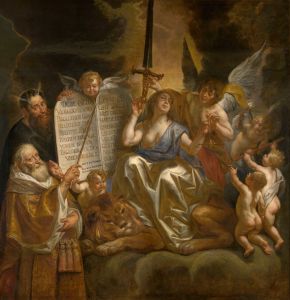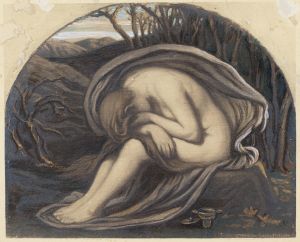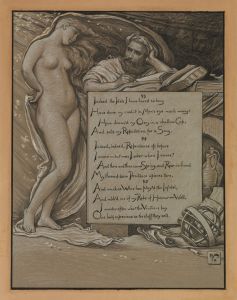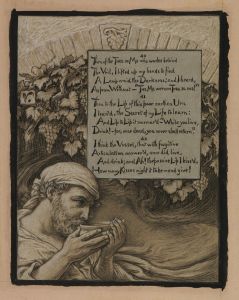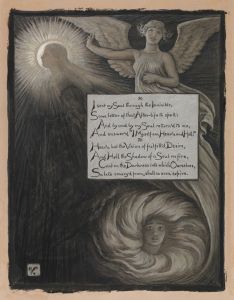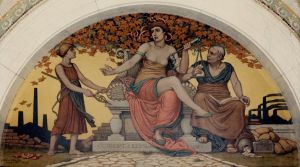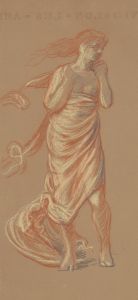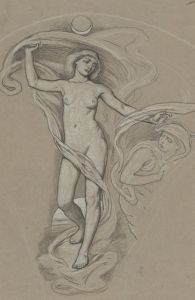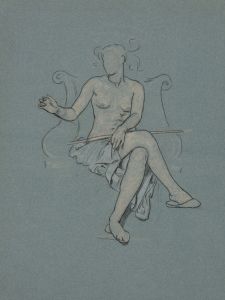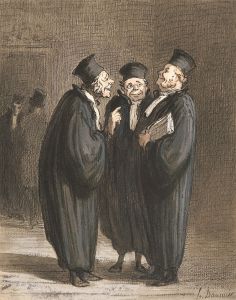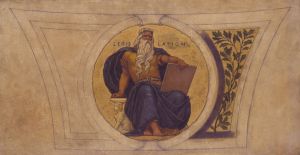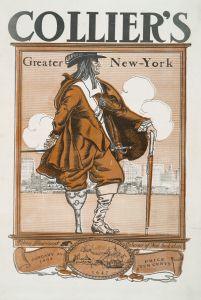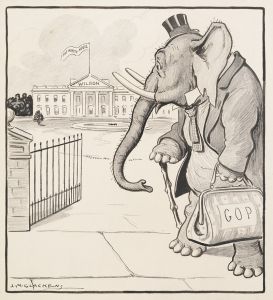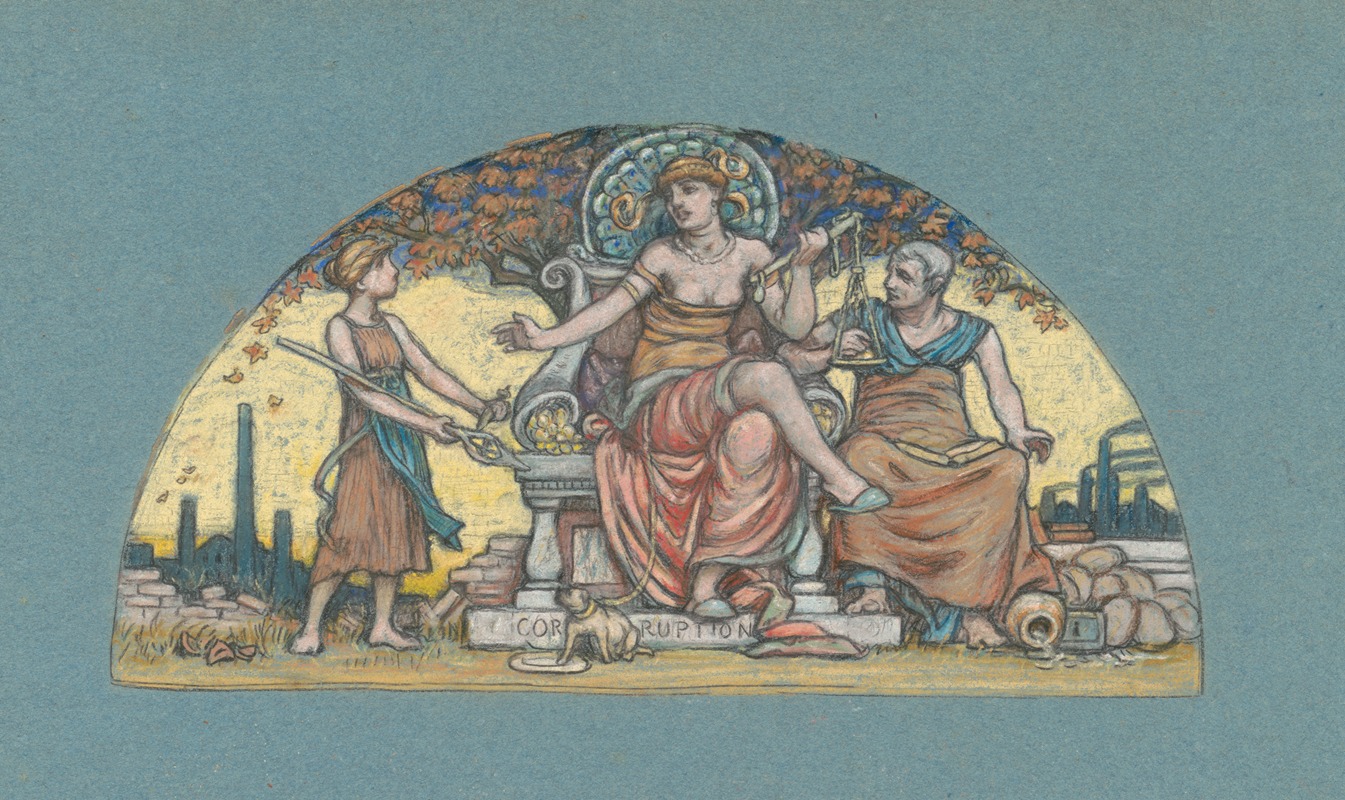
Corrupt legislation
A hand-painted replica of Elihu Vedder’s masterpiece Corrupt legislation, meticulously crafted by professional artists to capture the true essence of the original. Each piece is created with museum-quality canvas and rare mineral pigments, carefully painted by experienced artists with delicate brushstrokes and rich, layered colors to perfectly recreate the texture of the original artwork. Unlike machine-printed reproductions, this hand-painted version brings the painting to life, infused with the artist’s emotions and skill in every stroke. Whether for personal collection or home decoration, it instantly elevates the artistic atmosphere of any space.
Elihu Vedder's painting Corrupt Legislation is a notable work of art created in 1896. Vedder, an American symbolist painter, was known for his allegorical and often socially critical works. This particular painting is part of a series of murals commissioned for the Library of Congress in Washington, D.C., specifically for the Main Reading Room of the Thomas Jefferson Building. The series, titled Government, consists of allegorical depictions of various aspects of governance, with Corrupt Legislation serving as a cautionary representation of the dangers of unethical governance.
In Corrupt Legislation, Vedder employs symbolism to convey the consequences of corruption in the legislative process. The central figure in the painting is a seated female allegorical figure, representing the concept of corrupt lawmaking. She is depicted holding a bag of money, a clear symbol of bribery and greed. Her posture and expression suggest moral decay and negligence. Surrounding her are additional symbolic elements that reinforce the theme of corruption, including withered vegetation, which signifies the detrimental effects of unethical governance on society.
The painting contrasts sharply with other murals in the series, such as Good Administration, which depicts the positive outcomes of just and ethical governance. Through this juxtaposition, Vedder emphasizes the moral responsibility of legislators and the impact of their actions on the well-being of the public.
Elihu Vedder's work on the Library of Congress murals reflects the broader cultural and political concerns of the late 19th century in the United States. This was a period marked by rapid industrialization, economic disparity, and widespread political corruption, often referred to as the Gilded Age. The themes explored in Corrupt Legislation resonate with the era's anxieties about the influence of money and special interests in politics.
The murals in the Library of Congress, including Corrupt Legislation, remain significant not only for their artistic merit but also for their historical and educational value. They serve as a reminder of the ideals and challenges associated with governance and the enduring relevance of these themes in contemporary society.





